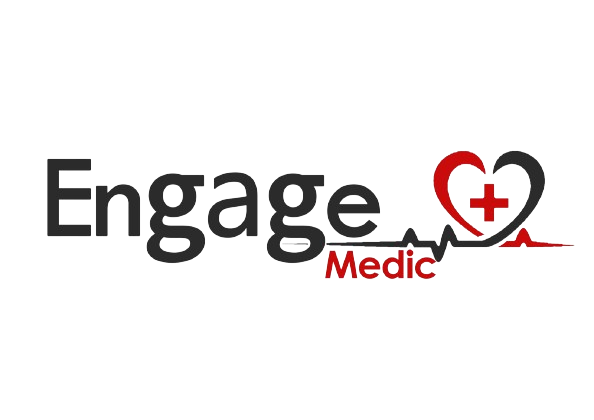Hypertension: Know Your Numbers

High blood pressure, also known as hypertension, is a common condition that affects the body’s arteries. It occurs when the force of blood pushing against the artery walls is consistently too high. As a result, the heart has to work harder to pump blood, which can lead to serious health problems if left untreated.
Blood pressure is measured in millimeters of mercury (mmHg), and is categorized into four general categories by the American College of Cardiology and the American Heart Association.
The first category is ideal blood pressure, also known as normal blood pressure, which is lower than 120/80 mmHg. The second category is elevated blood pressure, where the top number ranges from 120 to 129 mmHg and the bottom number is below 80 mmHg.
The third category is stage 1 hypertension, where the top number ranges from 130 to 139 mmHg or the bottom number is between 80 and 89 mmHg. The fourth category is stage 2 hypertension, where the top number is 140 mmHg or higher or the bottom number is 90 mmHg or higher.
In severe cases, blood pressure higher than 180/120 mmHg is considered a hypertensive emergency or crisis, requiring immediate medical attention. Untreated high blood pressure increases the risk of heart attack, stroke, and other serious health problems.
It’s essential to have your blood pressure checked regularly, at least every two years starting at age 18. Some individuals may need more frequent checks, especially those with risk factors or existing health conditions. Healthy lifestyle habits, such as not smoking, exercising regularly, and eating a balanced diet, can help prevent and treat high blood pressure. In some cases, medication may also be necessary to manage the condition.
Most people with high blood pressure have no symptoms, even if their blood pressure readings reach dangerously high levels. However, a few individuals may experience headaches, shortness of breath, or nosebleeds. These symptoms are not specific to high blood pressure and usually don’t occur until the condition has reached a severe or life-threatening stage.
Regular blood pressure screening is a crucial part of general health care. The frequency of checks depends on age and overall health. Individuals aged 40 or older, or those aged 18 to 39 with a high risk of high blood pressure, should have their blood pressure checked every year. Children aged 3 and older may have their blood pressure measured as part of their yearly checkups.
If you don’t regularly see a healthcare provider, you may be able to get a free blood pressure screening at a health resource fair or other locations in your community. Some stores and pharmacies also offer free blood pressure machines, but the accuracy of these machines depends on various factors, such as correct cuff size and proper use. Consult your healthcare provider for advice on using public blood pressure machines.


